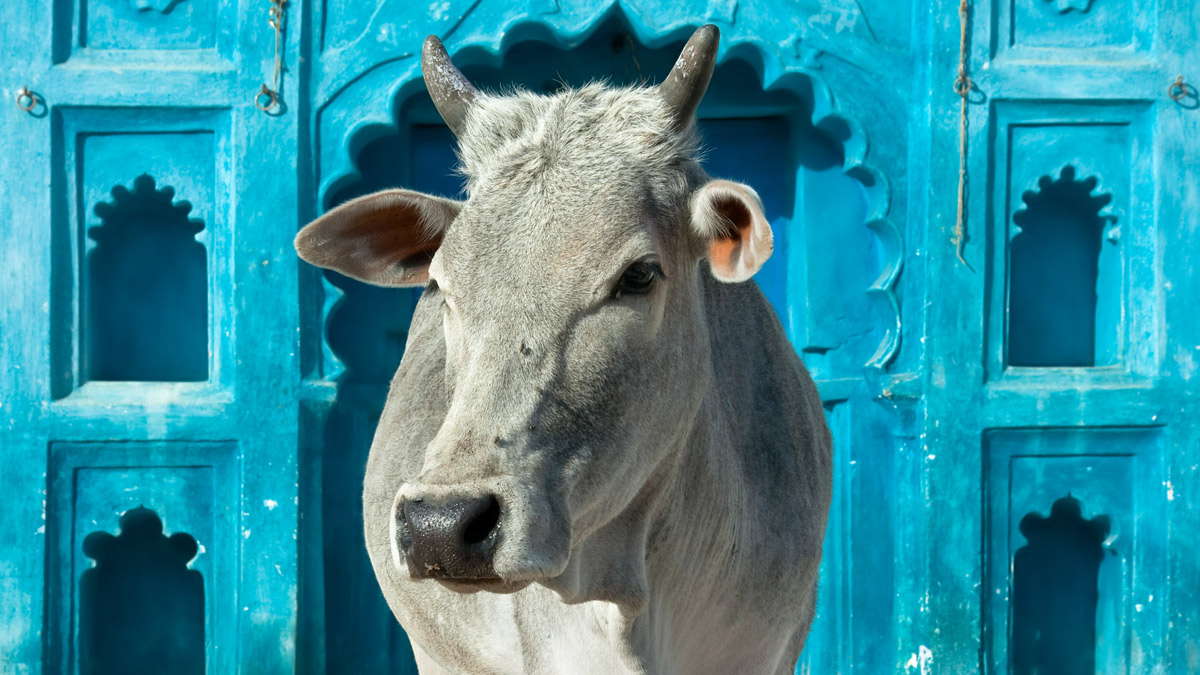Inspired by South Asian historians to examine the voices of those previously silenced in history, Rohan has gone one step further: animals. Rohan’s ground-breaking work on the histories of public health and animals in colonial India has led to several awards, funding from the Wellcome Trust, and international papers, and feeds directly into his teaching.
With supervision from Rohan, students can place animals at the centre of their research. By studying insects and mammals, they push the boundaries of what they know and give a voice to the excluded. Recently, undergraduate dissertations have considered imperialism and veterinary science before India’s independence, and Rohan’s postgraduate module on ‘Animal History’ is always popular.
Rohan believes that animals are fundamental to the politics of our past and are interwoven in historical themes, such as gender, religion, class and nationalism. In India the cow can been seen as a politically charged religious icon used by the ruling political party, and as a gendered image of the mother providing nourishment.
Studying animals across time pushes frontiers and unsettles the notion that history is composed of humans alone. Rohan’s mission is to expand the voices we value, recognising the multiple ways marginalised groups have impacted our history.
